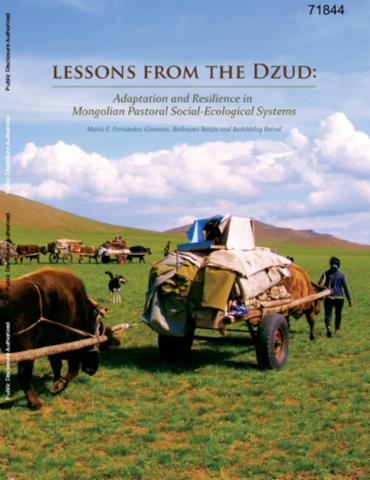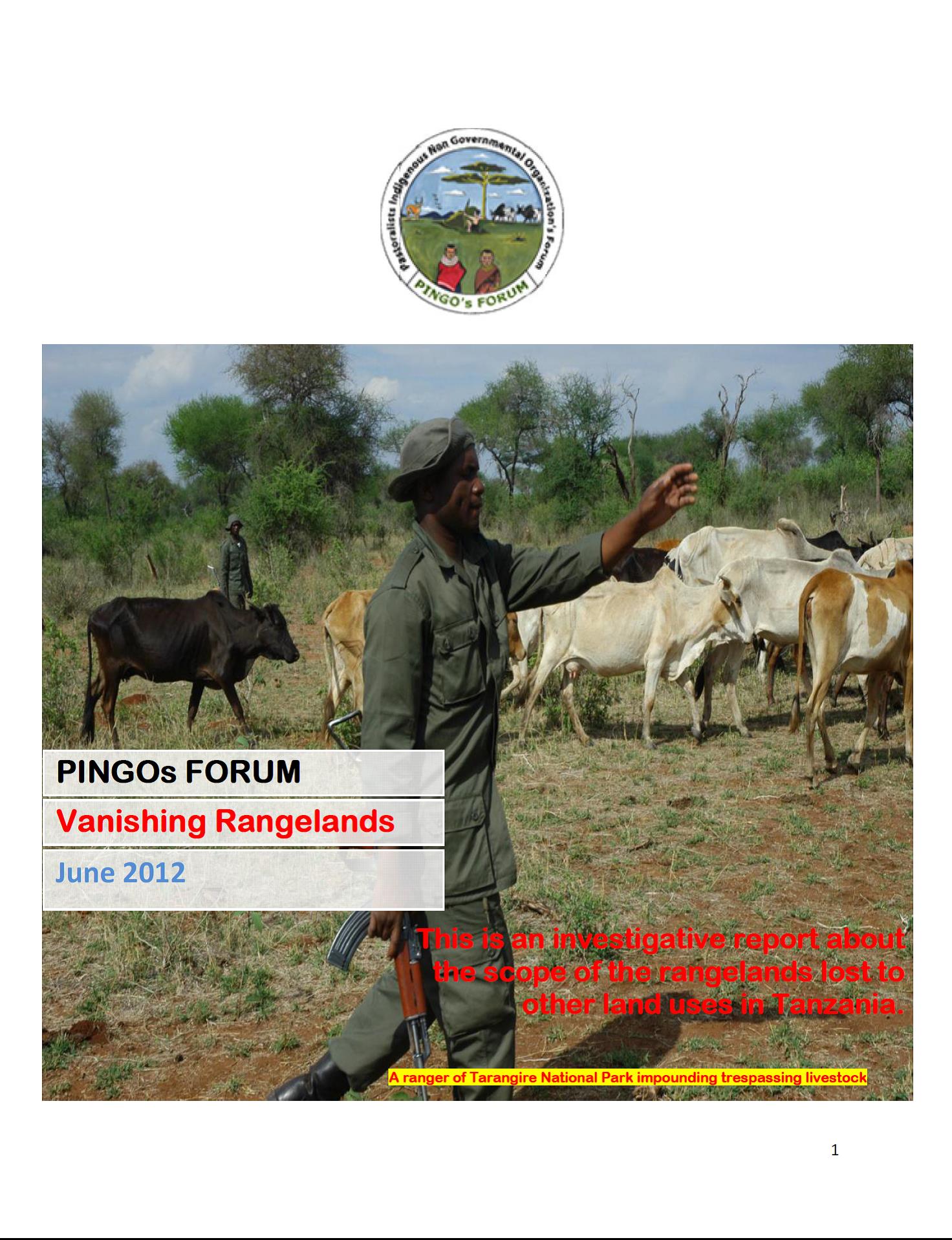Lessons from the Dzud
Dzud is the Mongolian term for a winter weather disaster in which deep snow, severe cold, or other conditions render forage unavailable or inaccessible and lead to high livestock mortality. Dzud is a regular occurrence in Mongolia, and plays an important role in regulating livestock populations. However, dzud, especially when combined with other environmental or socio-economic stresses and changes, can have a significant impact on household well-being as well as local and national economies.




